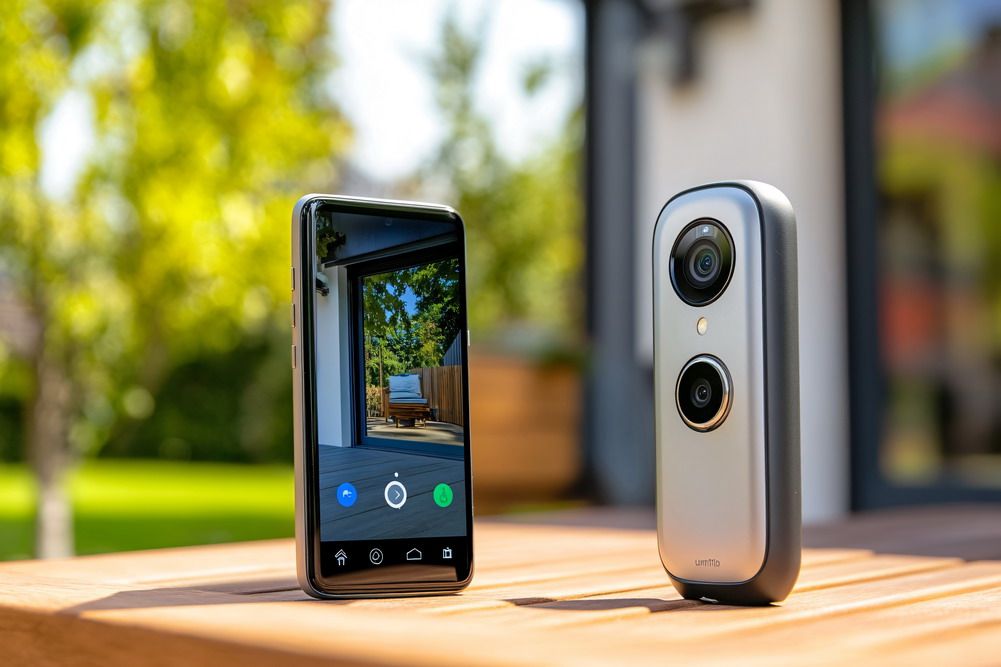Keeping fish as pets in aquariums is more than a mere hobby; it is an art by itself, an experience you treasure. Every year several thousands of people join the ranks of fish keepers who discover the joys and wonders of aquariums. Through the process of having and maintaining an aquarium, you participate in creating and observing another world. Aquariums also serve to enhance the care and concern people have towards the environment.

Aquariums are not only markedly beautiful but are super fun as well without requiring you to work too hard to maintain them. Aquariums are the type of hobby that quickly becomes something for which the entire family cares. It educates, entertains, and even relaxes. Before you set out to your nearest hobby center to buy an aquarium, you need to know the following.
Setting Up An Aquarium Takes Effort
If you consider the fish tank’s price tag just by itself, it is less costly than other types of pets like cats or dogs. But if you consider all of the items you would need for your aquarium, then the expenses become significantly higher. You can buy a ten-gallon fish tank for fifteen bucks only. If you are looking for a suitable fish tank, visit here for a helpful review. Tropical fishes come at 1-3 dollars each. However, if only things were so easy.
If you want your fishes to survive in the fish tank, you are also going to need the following items:
- Water conditioners;
- Filters;
- Fish food;
- And water heaters if you want to keep tropical fishes in your aquarium.
- In many circumstances, you would also need to buy air pumps along with the complementary items like airstone and air tube.

For nice-looking aquariums, you are going to need the following as well:
- Decoration;
- Gravel;
- Lights;
- Canopy and
You will also require other types of aquarium maintenance tools like:
- Algae scraper,
- Gravel vacuum,
- Water bucket,
- And fishnet.
In all, be prepared to spend around $100 for a neat but small aquarium with a volume of 5-10 gallons.
Proper Knowledge To Ensure That The Fishes Remain Alive
Many people go to a pet shop and buy an aquarium and some fish species upon deciding to pursue the hobby. Some people also feel the temptation to purchase fishes just by looking at them for sale in shops. Fishes in intricate aquariums look beautiful. However, it is a wholly different ball game to keep them healthy in a home aquarium environment. If you wish to maintain a particular variety of fish, specific knowledge is necessary. Most newbies make this mistake, and as a result, they get disheartened when their favorite fishes die within a matter of weeks. You first need to arm yourself with proper research and knowledge about the fish variety and maintain them in aquariums.

You Need Adequate Space And Place Your Aquarium Properly
The exact fish tank location is vital for home aquariums. An aquarium is something that demands a decent amount of space. So, before you buy one, you need to make sure that there is enough available space for the aquarium and its stand. You need to pick a spot keeping in mind long-term concerns as it will not be something that you move often. You need to consider all aspects before deciding a location, especially if you live in small cramped-up apartments.
Let A Nitrogen Cycle Complete Before Introducing Fishes Into The Tank
If you keep fish as pets, you can’t do without knowledge about aquarium nitrogen cycles. These Nitrogen cycles in aquariums refer to fishes that regularly create ammonia, which harm the fishes themselves and cause death if the ammonia amount builds up. Water change is not enough to solve this particular problem as the ammonia builds up between successive water changes, so another solution is necessary.
The solution lies in relaying the nitrogen cycle in the aquarium. This term refers to natural bacteria that converts ammonia into something less harmful for fishes. These bacteria grow on the filter media’s surface, which makes the filter system even more critical. In fresh, new tanks, there is no presence of such beneficial bacteria, and it will take up weeks to months for them to build-up to the required levels. Till then, don’t introduce fish to the fish tank.

Lack Of Compatibility With All Fish Species
Remember that some of the more popular varieties of aquarium fishes are incompatible with each other. For instance, goldfishes are meant for cold waters, while most other staple varieties of aquarium fishes are tropical. They are incompatible with each other, and both can survive in the same tank. The tropical fishes usually need a heater; something goldfishes don’t need. It would then be best if you also considered that some varieties of fish react aggressively towards other species. So, you need to keep that in mind and avoid putting such fish varieties together in the same tank. For this, conduct online research before introducing a new fish species to your aquarium.
Aquariums Need Regular Maintenance
Your fish won’t be healthy and beautiful with everything in harmony and peace unless you make a dedicated effort to maintain them. You need to partially change the water on regular weekly intervals and vacuum your gravels. Such upkeep will ensure that fishes in the tank remain healthy, and the tank remains clean. Maintaining aquariums with live plants will take more effort. Aquatic plants tend to overgrow and need regular trimming. You might also need to clear such plants from algae that fatally block out light.

Keeping an aquarium is perhaps one of the most fun-filled ways to entertain and engage yourself. But the hobby may turn out to be a frustrating experience for newbies who are not adequately equipped with the right information. Besides the several points discussed in brief in the above paragraphs, you also need to consider various other topics. Online resources are an excellent option for newbies who wish to learn more about the beautiful world of fishkeeping. Happy fishkeeping!





